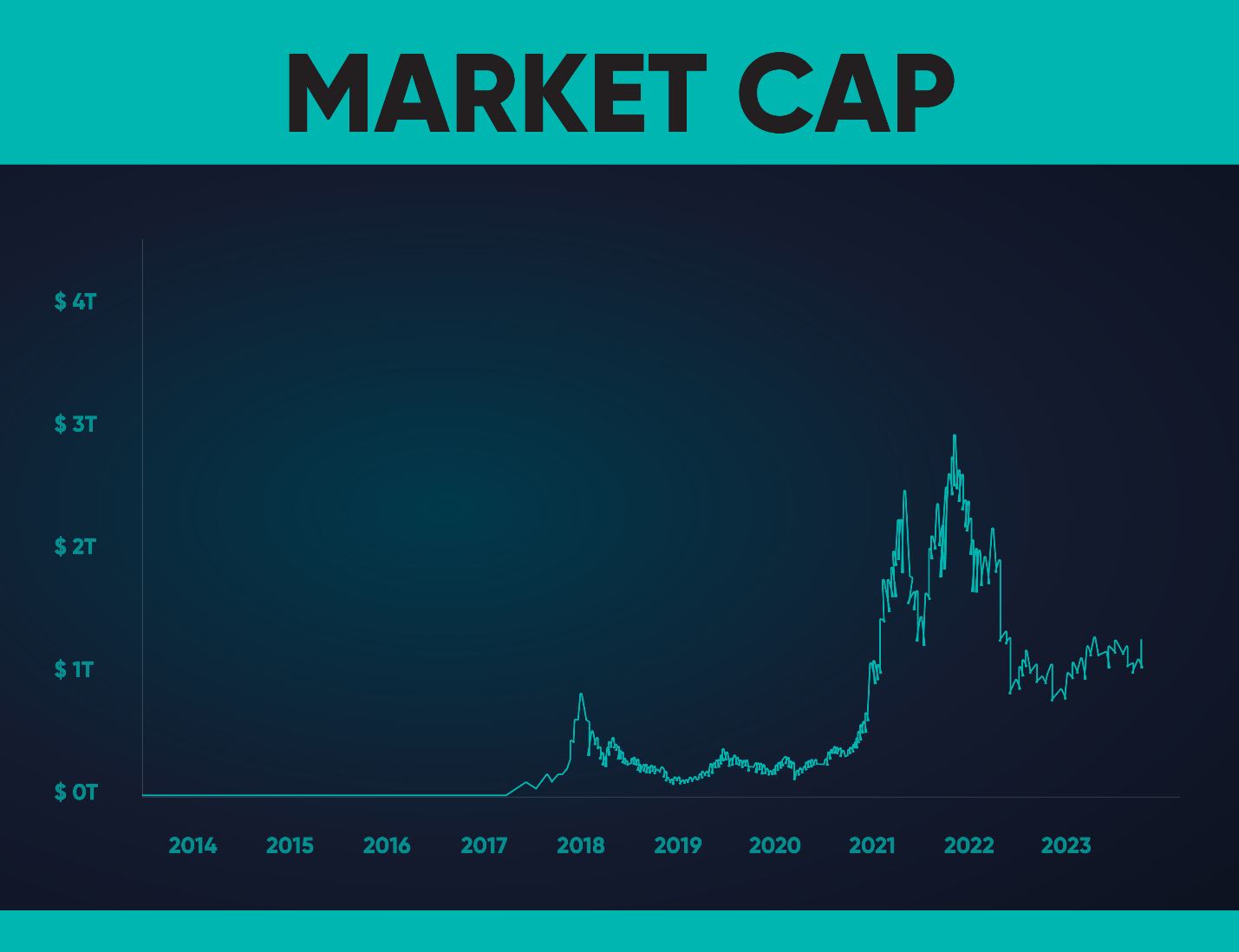As digital assets continue to gain traction globally, their adoption in emerging markets presents unique challenges and opportunities. One of the most critical aspects of this adoption is managing digital asset liquidity—a crucial factor that determines the ease with which these assets can be bought, sold, or traded without significantly impacting their price. In emerging markets, where financial ecosystems are still developing, the complexities surrounding digital asset liquidity are even more pronounced. This blog will explore the factors influencing digital asset liquidity in emerging markets, the challenges faced by investors and market participants, and strategies to optimize liquidity in these growing digital ecosystems.

Understanding Digital Asset Liquidity
Liquidity refers to the ability to quickly buy or sell an asset in the market without causing a drastic change in its price. In the context of digital assets, liquidity is influenced by several factors, including the volume of trades, market depth, and the availability of buyers and sellers. In established markets, digital assets like Bitcoin or Ethereum benefit from high liquidity due to their widespread adoption and robust market infrastructure. However, in emerging markets, the scenario is often more complex.
High-Frequency Trading (HFT) in the Crypto Market: Opportunities and Risks
Key Factors Affecting Digital Asset Liquidity in Emerging Markets
1. Regulatory Environment
One of the primary challenges in managing digital asset liquidity in emerging markets is the regulatory environment. Regulations—or the lack thereof—can either facilitate or hinder the development of a liquid market. In some countries, unclear or restrictive regulations can stifle the growth of digital asset markets by discouraging participation from institutional investors, digital asset management companies, and retail traders. On the other hand, a well-defined regulatory framework can provide the confidence needed for market participants to engage more freely, thereby enhancing liquidity.
For instance, a global digital asset consulting firm might advise emerging markets to adopt clear regulations that encourage innovation while protecting investors. Similarly, digital asset consulting for compliance can help ensure that market participants adhere to local and international standards, fostering a more liquid and stable market.
2. Market Infrastructure
The development of market infrastructure is another critical factor influencing liquidity. In many emerging markets, the lack of established trading platforms, custodial services, and settlement systems can impede liquidity. Without the necessary infrastructure, participants may face difficulties in executing trades efficiently, leading to wider bid-ask spreads and reduced market depth.
To address these challenges, blockchain and digital asset consulting services can play a pivotal role. By providing information in setting up trading platforms, enhancing security protocols, and optimizing transaction processes, these services can help build a more robust infrastructure that supports liquidity.
3. Cross-Border Capital Flows
Cross-border capital flows are integral to the liquidity of digital assets, especially in emerging markets. However, factors such as currency controls, geopolitical risks, and varying regulatory standards can complicate these flows. Restrictions on capital movement can limit the inflow of foreign investment, which is often crucial for developing liquid markets.
Digital asset strategy consulting firms. can offer valuable insights into navigating these challenges. By advising on cross-border payment solutions, leveraging Stablecoins for investment, and optimizing currency conversion processes, these firms can help market participants maintain liquidity despite cross-border challenges.
Challenges in Managing Digital Asset Liquidity
1. Volatility and Market Sentiment
Emerging markets are often more susceptible to volatility due to their nascent digital asset ecosystems. This volatility can lead to significant price fluctuations, making it challenging to maintain liquidity. For example, a sudden shift in market sentiment—driven by regulatory changes, technological advancements, or macroeconomic fac
tors—can result in rapid inflows or outflows of capital, further exacerbating volatility.

To manage these risks, investors might consult with cryptocurrency investment consultants or bitcoininvestment consultants to develop strategies that mitigate the impact of volatility on liquidity. Additionally, crypto investment companies might explore innovative solutions such as algorithmic trading or automated market-making to enhance liquidity during volatile periods.
2. Limited Access to Institutional Capital
Institutional capital is often a key driver of liquidity in digital asset markets. However, in emerging markets, access to institutional capital may be limited due to perceived risks, lack of regulatory clarity, or insufficient market infrastructure. This limitation can lead to lower trading volumes and wider bid-ask spreads, reducing overall market liquidity.
Hedge fund investment companies and portfolio management consultants can play a significant role in bridging this gap. By providing liquidity through market-making activities or deploying capital in strategic investments, these entities can help stabilize markets and enhance liquidity.
3. Fragmentation of Markets
The digital asset market in emerging economies is often fragmented, with multiple platforms and exchanges operating independently. This fragmentation can lead to price discrepancies, arbitrage opportunities, and liquidity inefficiencies. Moreover, the lack of standardized practices across exchanges can make it difficult for market participants to move assets between platforms, further hindering liquidity.
To overcome this challenge, real asset tokenization investment consultantsandRWA tokenizationinvestment consultants can advise on the development of interoperable platforms and standardized protocols. These measures can help unify fragmented markets, improve price discovery, and enhance liquidity.
Strategies to Optimize Digital Asset Liquidity
1. Building Stronger Market Infrastructure
Investing in the development of market infrastructure is essential for improving digital asset liquidity. This includes establishing reliable trading platforms, secure custodial services, and efficient settlement systems. Market participants should consider partnering with blockchain asset consulting firms to build infrastructure that supports high-frequency trading, reduces transaction costs, and enhances market depth.

Furthermore, digital asset management consultants can provide guidance on implementing best practices for risk management, compliance, and security, ensuring that the market infrastructure is both resilient and conducive to liquidity.
2. Leveraging Stablecoins
Stablecoins can serve as a valuable tool for enhancing liquidity, particularly in markets with volatile local currencies. By providing a stable medium of exchange, Stablecoin investment consultants can help market participants mitigate the risks associated with currency fluctuations and maintain liquidity. Moreover, Stablecoins can facilitate cross-border transactions, enabling smoother capital flows and reducing the friction associated with currency conversions.
3. Encouraging Institutional Participation
Conclusion
Stay ahead in emerging markets with Kenson Investments’ insights on digital asset liquidity. Work with our digital asset specialists to explore more educational resources and enhance your financial knowledge.
Disclaimer: The information provided on this page is for educational and informational purposes only and should not be construed as financial advice. Crypto currency assets involve inherent risks, and past performance is not indicative of future results. Always conduct thorough research and consult with a qualified financial advisor before making investment decisions.
“The crypto currency and digital asset space is an emerging asset class that has not yet been regulated by the SEC and US Federal Government. None of the information provided by Kenson LLC should be considered as financial investment advice. Please consult your Registered Financial Advisor for guidance. Kenson LLC does not offer any products regulated by the SEC including, equities, registered securities, ETFs, stocks, bonds, or equivalents”














